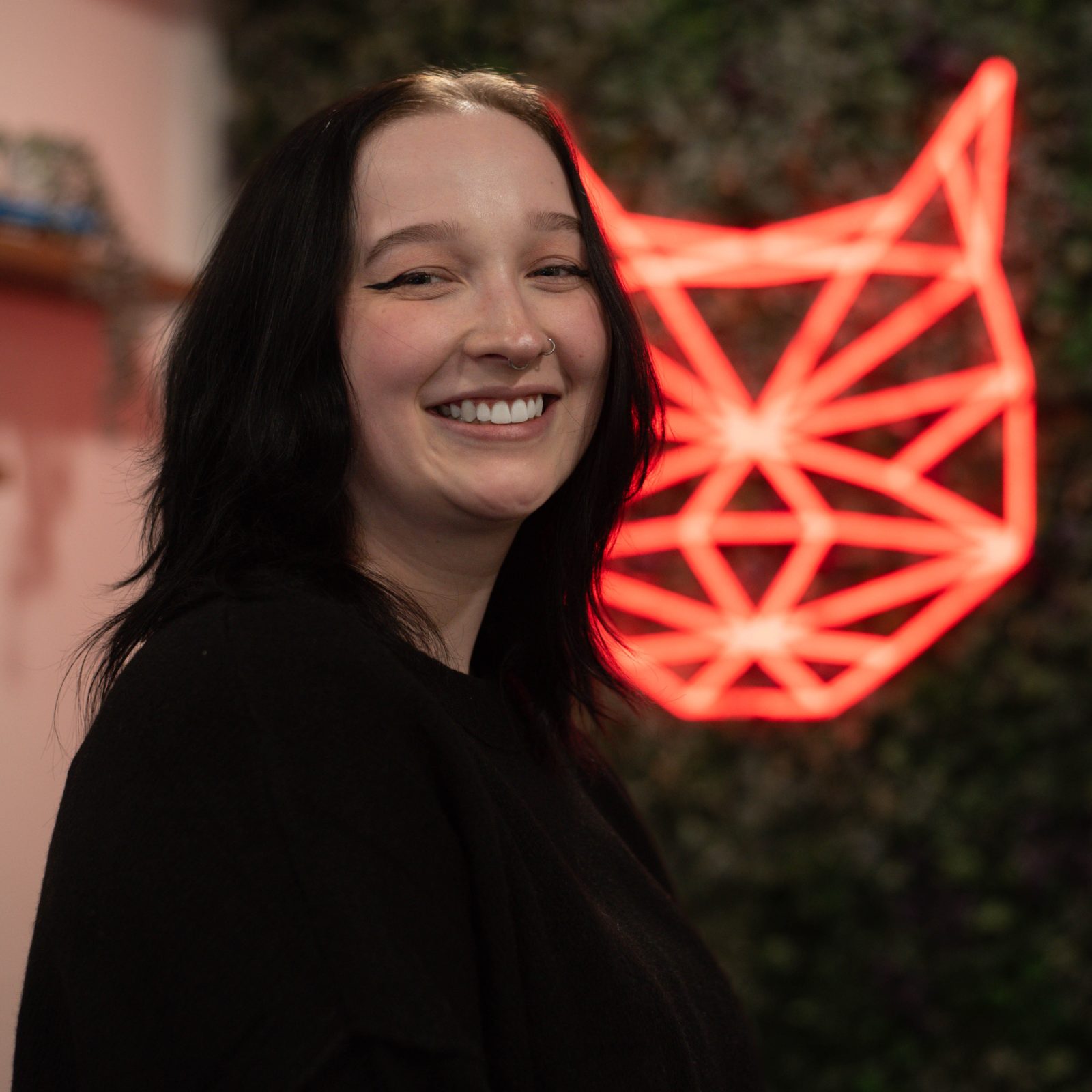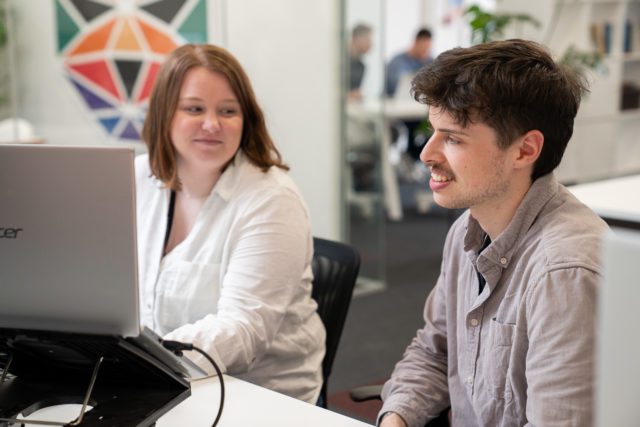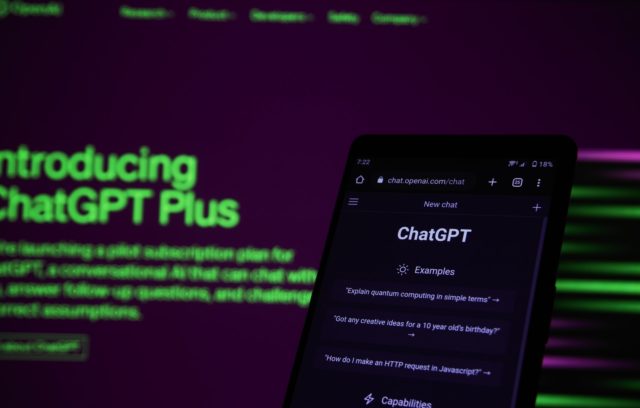You may have heard that publishing regular blogs on your website is good for SEO, but how do you actually write a blog with SEO in mind? Content SEO is more than simply writing a good, informative blog; you need to consider a number of SEO factors that have an impact on keyword rankings. In this article, our experts take you through the most important of these factors and offer a few top tips for success.
So, how do you optimise a blog for SEO? To optimise a blog for SEO, begin with keyword research. Then:
Read on to learn more on how to optimise a blog for SEO with our content writing specialists at Wildcat Digital.
There are thought to be over 200 different Google ranking factors, a good portion of which can affect the success of blogs. Some of the most important factors include:
Google is evermore prioritising content that is actually relevant, helpful, and of a high written quality. Some experts believe this to have more significance than a number of other traditional SEO factors.
Both internal and external links are super important for SEO blog writing. Internal links encourage users to click around the website, showing Google that your content is relevant and useful, and may also encourage visitors to convert. External links show trustworthiness by pointing users towards reputable sources, data, quotes and other important information.
Keyword research and implementation are some of the most important things you can do when optimising a blog; you need to know what words and phrases your readers are searching for in relation to a given topic in order to be found for that topic.

Metadata is a part of the code that Google reads when trying to understand your content, therefore it’s essential that it is properly optimised if you want your content to rank. For blogs, this means having an appropriate title tag – something similar to your title (which should contain your keyword!) – and a useful meta description that tells readers what your blog is about.
E-E-A-T (experience, expertise, authority, trustworthiness) is crucial when blogging, particularly across YMYL (your money or your life) industries such as finance, health, law and education). This can be achieved through well-researched, sourced content that is valuable and beneficial to users.
Learn more about E-E-A-T for blogs below where we go into more detail.
Duplicate content covers a range of different things within SEO, but in relation to blogs, means content that is quite literally copied from another page or another website.
Learn more about duplicate content and how it impacts SEO in our recent blog where we discuss the different types of duplicate content and how to fix them.
You can also learn more about other Google ranking factors and how they impact SEO in our blog, What are Google Ranking Factors and How Do They Impact SEO?. Whilst it’s not strictly tailored towards blogs, there’s definitely a few things in there that will help your SEO blog writing! Alternatively, learn more about duplicate content in our blog, Why is Duplicate Content Bad for SEO?
The first half of the blog was all about the different factors that can impact blog SEO, but now it’s time to put it into practice. Here’s how to optimise a blog for SEO.
Good keyword research and proper implementation of that research is crucial to the success of a blog; you’d have to be incredibly lucky for a blog to rank well without including relevant keywords.
Before putting pen to paper (or fingers to keyboard…) conduct keyword research around the general topic that you want to write about. This will give you an indication of how many people are actually searching for information about that topic, their search intent (whether they want information or to purchase something), and how difficult it would be to rank for those keywords.
From here, you can then determine an optimised title (using your primary keyword) and begin planning the rest of the blog ensuring that:
Tip: SEMRush and Ahrefs are both great tools for conducting keyword research.
We touched on optimising metadata above when we recommended using keywords in the title tag, but optimised metadata is actually pretty important for SEO and deserves its own section.
Play close attention to your title tag; this is a key ranking factor and helps search engines to understand what your page is about. What’s more, they are often the first impression many users see when they discover your page via organic search.
Be sure to include your main keyword in the title tag, and ensure that it sufficiently conveys what your page is about. We actually often recommend using a version of the page’s title as the title tag for this reason. Keep it short and sweet though, Google will truncate anything over approximately 60 characters long.
Meta descriptions are less important for SEO as they no longer affect rankings, but are incredibly useful for user experience; they are a great opportunity for you to concisely summarise what the page is about and entice the user into clicking through.
You can also go one step further if your blog contains FAQs by implementing FAQ schema. This increases the chances that your FAQs will appear under the metadata on search results. Schema can be implemented through HTML on the page or through Google Tag Manager if your CMS is restricted.

The structure of your blog can be just as important as the actual content. This is for two reasons;
To help break up the text a little bit, experiment with using additional features such as tables, bullet points and numbered lists, rather than writing out your text as a standard paragraph. This makes the text much easier to read for users and increases the chances that they will make it to the end.
Subheadings are used to break up your content into bite-sized chunks. They also act as a signpost to both the reader and Google to where different bits of information about a given topic is located within a blog (this is further enhanced if page jumps are used at the top of a blog!).
But, subheadings shouldn’t just be used for the sake of it. They need to be relevant to the content beneath them, and be relevant to the overall article – don’t be tempted to go off on a tangent of only kind of relevant information.
Also, try to get some of your chosen keywords into your subheadings.
When writing your content, be sure to structure it so that the most important, most relevant information that directly relates to the title query is close to the top of the article. This helps to reassure the reader that they’ve found what they’re looking for, encouraging them to keep reading.
When writing blogs, you must ensure that you as an author, your content, and the website as a whole comes off as being Experienced, shows Expertise, Authority and Trustworthiness (E-E-A-T). There are a number of ways of doing this, including:
If, when writing your content you think “wait, we’ve already written something about this topic”, be sure to link to that content. This both offers the reader more, detailed information on a given topic, but also signals to Google that the content across your website fits together cohesively, is relevant to each other, and is useful to the reader.
In this blog, our expert content writers have taken you through their top tips for optimising a blog SEO, but, if you’d like a little more help, Wildcat Digital is on hand with a range of bespoke SEO services. Get in touch with us today for a free initial consultation.

Founder
Our founder, Will Hitchmough, worked at a number of high profile Sheffield Digital Agencies before founding Wildcat Digital in 2018. He brings an extensive knowledge of all things related to SEO, PPC and Paid Social, as well as an expert knowledge of digital strategy.
Digital Marketing can be a minefield for many businesses, with many agencies ready to take your money without knowing how to deliver results. I founded Wildcat Digital to deliver digital success to businesses with smaller budgets in a transparent way.

Head of Growth
Rich joined us in May 2024 to head up our growth team. With years of experience helping other agencies to grow, Rich joins us at an exciting time as Wildcat is working on a five-year plan to become one of the biggest agencies in the UK.
Outside of work, Rich is a father to three children, which keeps him very busy! He’s also recently started running again to keep fit and loves a bit of DIY.

Head of Digital
Sarah joined Wildcat in January 2025, bringing over seven years of SEO expertise to the team. With a background in Fashion Communication and Promotion, she has worked both in-house and at agencies, covering a range of digital marketing specialisms before focusing on SEO.
Passionate about all things search, Sarah thrives on helping brands grow their online presence.
Outside of work, she enjoys walking her dog, running, and shopping for vintage clothing.

Office Manager
Amelia joined Wildcat Digital in January 2025, bringing extensive experience in HR, Health & Safety, Facilities Management and IT Support. Previously an Operations Manager at The University of Sheffield, she has a strong background in creating efficient and well-organized work environments.
Specialising in HR, Health & Safety, and Facilities Management, Amelia ensures the Wildcat Digital team has the resources and support needed to thrive. Whether managing office operations, maintaining compliance, or fostering a positive workplace culture, she keeps everything running smoothly.
Outside of work, Amelia loves trying new things, traveling, camping, and walking. She also enjoys socialising and exploring new places with friends and family. Her adventurous spirit and proactive approach make her a valued member of the team.

Client Success Coordinator
Siena joined us in 2023 with a background in sales and digital marketing. She leads on client relationships across the company, ensuring that our customers are happy throughout their journey with us, from their initial consultation through to onboarding and beyond.
Outside of work, Siena enjoys travelling and getting stuck into the local culture. She likes to make the most of her experiences and particularly enjoys watching sunrises and sunsets from beautiful locations around the world.

SEO Account Director
Paul has a strong background in SEO, having previously founded and ran a successful eCommerce business, as well as running a personal blog that achieves an average of 17K users per month. Paul’s knowledge of SEO is extensive, with a strong emphasis on client handling and technical SEO.
Outside of work, Paul enjoys spending time with his family and staying active with weight lifting and combat sports.

Team Lead & Technical SEO Account Manager
With a degree in Computer Science and SEO experience dating back to 2017, Dariusz has a wide range of SEO skills and knowledge. His specialist knowledge of Technical SEO has firmly landed him the title of Wildcat’s Technical Wizard, and he has recently taken on the responsibility of Team Leader for the Panthers Team.
In his spare time, Dariusz loves hiking, experimenting and trying new coffees and loves learning new things. He is currently learning more about CRO and AI and how this could benefit our clients.

Team Lead & Senior SEO Account Manager
With a background in sales, Molly is a natural Account Manager, brilliantly handling any issues that come her way. Having joined us as a Digital Marketing Executive, and working part-time through her final year of University, Molly is a shining example of how hard work pays off. She is now an SEO Account Manager with a particular interest in Content and Client Management.
In her spare time, Molly loves to get out in nature, hiking and exploring the Peak District. She also loves cooking and likes to unwind with a bit of yoga.

PPC Team Leader
Libby joined Wildcat in 2021 as our first PPC hire. With a degree in Digital Media Production, a Master’s in Digital Media Management and previous experience in Social Media Management, Libby hit the ground running and has since climbed the ranks to Senior PPC Account Manager and has a particular interest in the eCommerce sector.
Outside of work, Libby likes gaming, and cooking and likes to keep active by lifting weights.

Senior SEO Account Manager
With a degree in Film and TV production, and a varied career history, Jamie made the move to marketing with a Masters degree in Digital Media Management. He has since worked in SEO at Agencies across Sheffield, before joining Wildcat and working his way up to SEO Account Manager. Jamie has a particular interest in backlinks and Digital PR and has recently gained a client a valuable backlink from Forbes!
In his spare time, Jamie is an avid foodie and loves trying new restaurants and cuisines. He also loves to travel and spent a year travelling to Australia after university.

SEO Account Manager
Jasmine joined Wildcat in 2022 with a strong background in SEO and Account Management. At the time, she was finishing up a Level 4 Apprenticeship in Digital Marketing from the Chartered Institute of Marketing, and has since worked her way up to SEO Account Manager. Jasmine excels at content writing and promotion, and particularly enjoys finding creative ways to join the dots on multi-channel campaigns.
In her spare time, Jasmine volunteers at a charity, helping combat loneliness & social isolation experienced by older neighbours. Outside of Wildcat, she owns a catering company, Savery Grazing, creating delicious grazing tables & platters for a range of events. She also loves skiing and exploring the Peak District.

Senior SEO Executive
After spending ten years managing businesses, restaurants, cafes and event spaces across Sheffield, Jon decided to change careers and joined Wildcat as an SEO Executive in 2022. He especially enjoys the client management side of the job, helping them to understand digital marketing and ways in which they can build their business’s presence online.
Outside of work, Jon likes to keep fit with running, badminton and football, and also loves music.

Senior SEO Executive
Andy joined Wildcat in 2023 after starting his digital marketing career in-house for a local Sheffield company. Since joining, he has developed a strong interest in Technical SEO and has strong skills in Account Management.
Outside of work, Andy loves music and plays in a couple of bands. He also enjoys rock climbing, cycling, photography and good food.

PPC Executive
Before joining Wildcat, Tom worked across different industries, building skills in sales and customer service. He later developed a passion for digital marketing whilst working on personal marketing projects and freelance ventures, and gained numerous certifications in PPC and Social Media.
Outside of work, Tom enjoys staying active by going to the gym and hiking. He also loves travelling and motorbiking.

Senior SEO Executive
Kezia joined us in July 2024 after completing a CIM Certificate in Digital Marketing and gaining experience in Content SEO at another Sheffield agency.
In her spare time, Kezia loves to get outdoors, bouldering, hiking and travelling.

Senior PPC Executive
Alex joined Wildcat Digital in December 2024 as a Senior PPC Executive, bringing a strong background in Paid Media, Paid Social, and Programmatic advertising. With a degree in Business & Marketing and Google Ads certifications, she has the expertise to craft high-performing campaigns that drive results.
Before joining Wildcat Digital, Alex worked at two leading agencies in Leeds, honing her skills across various digital advertising platforms. Her analytical mindset and strategic approach help businesses maximize their online presence and advertising budgets.
Outside of work, Alex enjoys spending time with her dog, Lola, and going on walks with her dog walking group. She’s also a keen footballer and loves playing five-a-side whenever she gets the chance. Her enthusiasm and team spirit make him a great addition to the Wildcat Digital team.

SEO Executive
Amy joined Wildcat in 2024 with a background in journalism, having worked as a News Editor and Editor-in-Chief at The Sheffield Tab. She is naturally interested in Content SEO and research, so will no doubt prove to be a content power-house.
In her spare time, Amy loves watching crime shows, listening to music and hanging out with her dog, Eddie!

SEO Executive
Reiss joined the Wildcat Digital team in July 2025, with a background in journalism and digital content, Reiss brings both creativity and technical know-how to the team.
After graduating with a Journalism Studies BA from the University of Sheffield, where he also served as Games Editor and Deputy Editor for the student-run newspaper – Reiss jumped straight into the world of climate tech communications.
Outside of work, Reiss loves crochet, swimming, playing guitar, and diving into both video and board games. He’s always up for picking up new skills and trying new things – which makes him a perfect fit for our team!

Content & Proposal Writer
Liv joined the WildcatDigital Team in June 2025, with a strong background in financial admin and client care, Olivia is taking an exciting step into the creative world – and we’re so glad she’s doing it with us!
She’s currently studying content creation through her apprenticeship with Wildcat, and already bringing fresh energy and creativity to the team.
Outside of work, Olivia runs her own BIAB nail business, loves reformer Pilates, long walks, and is a member of a competitive dance team.

January 26, 2026
We made it to the end of January! One month into 2026, and it feels like a lot has changed.…

January 23, 2026
Many businesses assume that Author and Meet the Team pages are simply a nice way to showcase the people behind…

December 17, 2025
As we enter into 2026 and reflect back on the year as business owners and digital marketers, we can’t help…